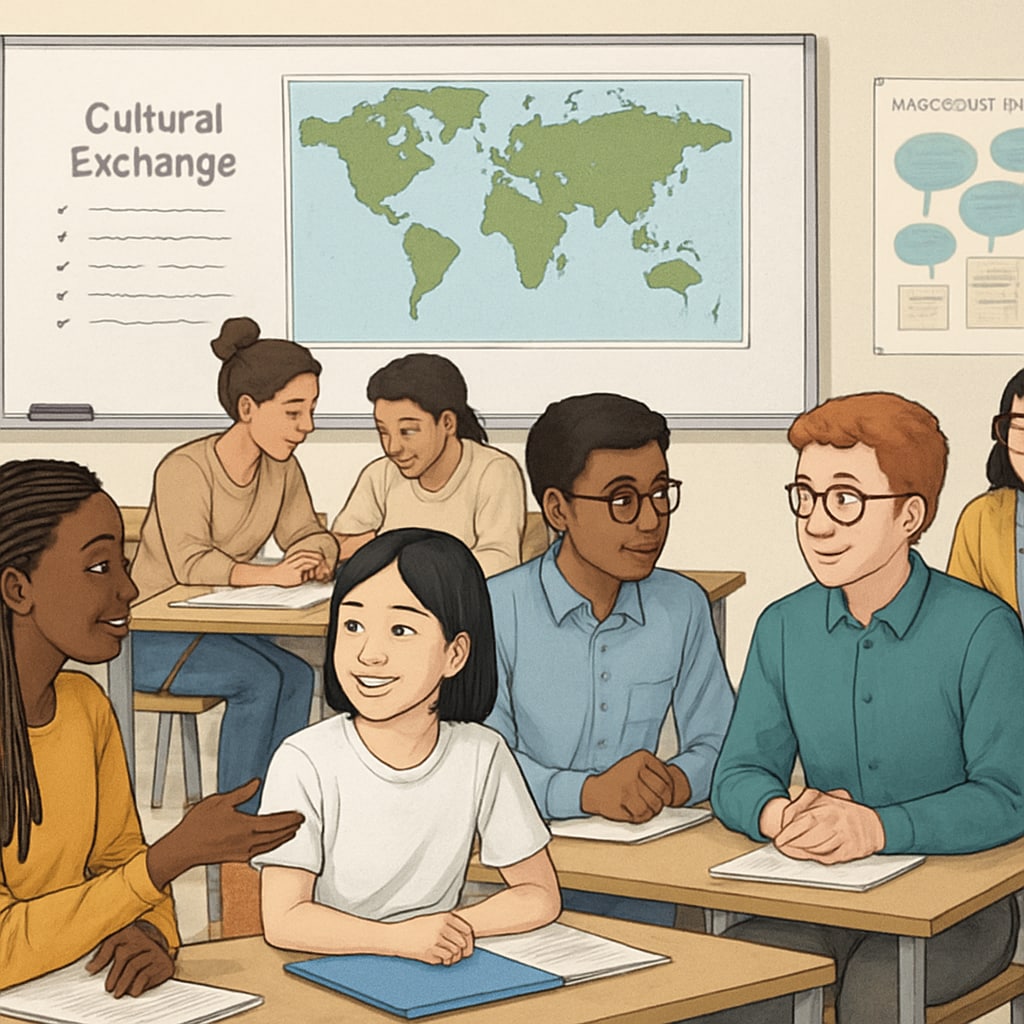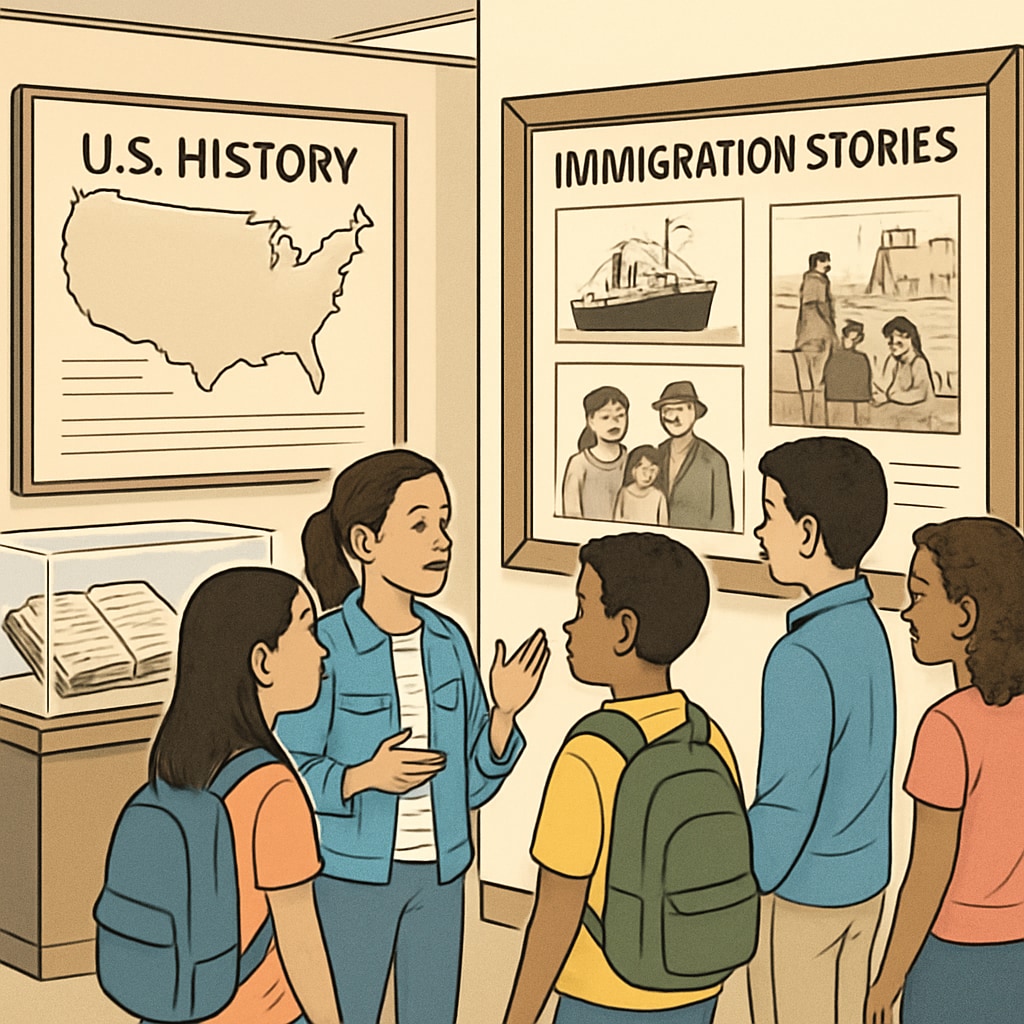International students often find themselves navigating a maze of cultural differences when integrating into the U.S. education system. Bridging these gaps requires a combination of adult education, cultural adaptation, and foundational knowledge, especially for those balancing work and studies in a fast-paced city like New York. This article provides a comprehensive guide to cultural education resources, designed to help international students thrive both academically and socially in the United States.
Understanding the Need for Cultural Adaptation
Moving to a new country can be both exciting and overwhelming. For international students, understanding American social norms, communication styles, and educational expectations is critical. Cultural adaptation goes beyond learning the language; it involves grasping unwritten societal rules and developing an appreciation for cultural diversity.
For example, American classrooms often emphasize participation and critical thinking, which may differ from the rote learning or hierarchical structures familiar to students from other countries. Similarly, navigating professional environments requires understanding workplace etiquette, such as the importance of punctuality and direct communication.

Adult Education Programs in New York City
New York City is home to a wide range of adult education programs that cater to international students. These programs focus on language acquisition, cultural adaptation, and professional skills development. Below are some key resources:
- The New York Public Library (NYPL): The NYPL offers free English as a Second Language (ESL) classes, workshops on workplace skills, and cultural orientation sessions. Visit the NYPL website for more information.
- The City University of New York (CUNY): CUNY’s Adult Literacy Program includes ESL courses, high school equivalency preparation, and citizenship classes. These programs help students integrate into American culture while advancing their education.
- Community-Based Organizations: Groups such as the YMCA of Greater New York and the International Center of New York offer tailored programs for immigrants and international students, including networking events and cultural workshops.
Enrolling in these programs can not only improve language proficiency but also enhance students’ understanding of American values and traditions.
Building Foundational Knowledge for Social Integration
In addition to formal education, gaining foundational knowledge about U.S. history, government, and societal norms is essential for successful cultural integration. Many resources are available to help international students develop this understanding:
- U.S. Citizenship and Immigration Services (USCIS) Resources: While primarily aimed at citizenship applicants, USCIS offers free materials on American history and civics that are valuable for anyone seeking to understand the country’s cultural foundations. Explore USCIS resources here.
- Museums and Cultural Institutions: Institutions like the American Museum of Natural History and the Tenement Museum in NYC provide insights into the nation’s history and immigrant experiences.
- Online Platforms: Websites such as Khan Academy and Coursera offer free or affordable courses on American history and culture, which can be accessed from anywhere.

Strategies for Effective Cultural Adaptation
While resources are crucial, personal strategies also play a significant role in cultural adaptation. Here are some tips for international students:
- Engage with Local Communities: Attend local events, join student organizations, or volunteer in your community to build connections and gain firsthand cultural experiences.
- Practice Open Communication: Don’t hesitate to ask questions or seek clarification when faced with unfamiliar situations. Most Americans appreciate curiosity and willingness to learn.
- Balance Work and Study: If you are working while studying, ensure you have enough time to participate in cultural activities or educational programs. Time management is key.
- Stay Resilient: Adapting to a new culture takes time. Be patient with yourself and celebrate small milestones along the way.
By combining the resources available in New York City with proactive strategies, international students can not only adapt but also thrive in their new environment.
Conclusion
Adjusting to life in a new country is no small feat, but with the right tools and resources, international students can bridge cultural gaps and build a fulfilling life in the U.S. Adult education programs, cultural adaptation workshops, and foundational knowledge resources are essential for navigating this journey. In a city as diverse and resource-rich as New York, students have unparalleled opportunities to grow academically, professionally, and personally.
Whether it’s through a community ESL class, a museum visit, or a mentorship program, every effort counts in making cultural adaptation a rewarding experience. Start your journey today by exploring the many education and cultural resources NYC has to offer!


